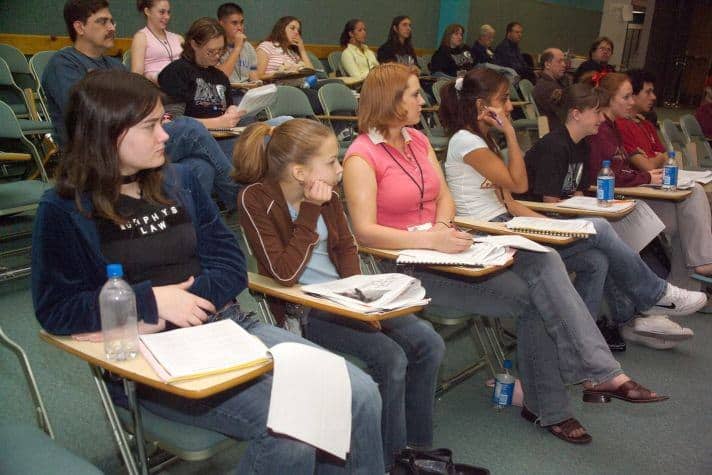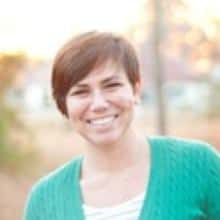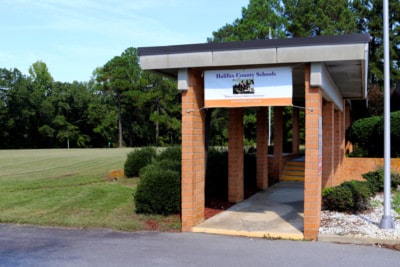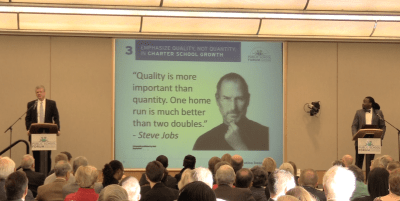A student once emailed me because he wanted to die. At 15 years old, he was attempting to establish his identity and encountering no small amount of rejection. He felt like a failure and a disgrace and a mistake. For him, giving up seemed the only available solution. And so I emailed him back, and I told him that he was not alone, that there were others like him out there, that I was there for him, and that there are others like me out there.
My heart hurts so much to think of this child in pain — 15-years-old and wanting to die.
My heart hurts to think of the young kid who showed me his gun and told me of how he held his cousin as he died in his arms from gunshot wounds. This kid told me of his rage and his helplessness and his fear that he, too, would die. And he wanted to live.
My hearts hurts whenever I see the senior who told me she’d been raped and that she might be gay. She told me she was afraid she’d die one day for being in the wrong place in the wrong time and that she was tired of crying and she didn’t understand why black lives didn’t matter.
My heart hurts to know and love all the students in my school who carry heavy weights with them — backpacks full of trauma — and then are expected to do math or science or read books and pretend that everything is OK. Pretend like their problems ended at the school door. Pretend like our world isn’t seriously troubled and pretend like they are grown enough to handle all the bad things that happen to them and to us.
I get so mad — rage — at our public educational system because we as a society add to the weights these kids carry by denying their histories and ignoring the value and life these kids bring into our schools. We teach a 1950s curriculum and call our schools 21st century. We isolate and segregate instead of building bonds and creating community. We teach our students that all they need is grit and individual determination to overcome all their problems, and we disregard the very real and systemic problems created by institutions that ensnare and trap our kids. And then we blame the students for failing and for failure when we never stopped to patch the cracks or intercede or teach possibility. “Teachers don’t fail – only you do,” we tell them.
People will say, “teachers aren’t counselors” and “that’s not my job,” but teachers are humans and we should be able to recognize the human in the kids we teach. Because teaching isn’t only about sticking to a mandated curriculum or where to place a comma. It’s about “Hey, let’s build a community and learn about some neat things while we do that. Let’s share ideas and create new ones.”
Our educational system is standarized, routinized, technocratic, neoliberal, and concentrated on conformity. Our educational system isn’t designed to value ideas, democracy, idiosyncrasy, or even all of the unique humans who come up in it.
At school, I watch teachers who only value those students who do good or are good or who don’t cause problems; teachers who are able to pick and choose who gets an education or who gets to sit in a classroom because apparently something in their lives has granted them the omniscience and arrogance to decide who “deserves” to be taught and who doesn’t. There are teachers who want children to be punished and penalized, not redirected or corrected for their mistakes and missteps.
The worst part of my job is not the students, or the parents, or even the stilted and boring curriculum. The worst part of my job is watching adults actively malign and disparage children. The worst part of my job are those adults who withhold opportunities from kids because the kid “doesn’t want to learn” or “doesn’t care.” The worst part of my job are those adults who forget they are teachers — and a teacher’s job is to teach. And it’s those adults who are the worst for me because watching them makes me lose hope and forget about possibility. Because they have lost hope and forgotten about possibility.
It’s too easy for teachers to get caught in the trap of testing and accountability and “what the state wants us to do.” But we have to dig in and demand recognition of the meaningful and amazing work we do. Because a teacher is supposed to teach hope and teach possibility — in addition to the curriculum, the pacing guide, and the Common Core. Our job is to create citizens and build community, to activate learning, and engineer curiosity. We cannot do that if we focus only on the task at hand and forget about the humanity before us. As adults, we cannot forget that teaching hope and possibility is at the root of what we do.
There are times when I sit and hold on to all of the stories my students have shared, stories of damage and hurt and pain, and I want to cry and I do cry. Sometimes, I’m so tired of fighting and I’m so tired of being angry and sometimes, like the kid who emailed me, I just want to say, “I can’t do it anymore,” and “I give up.”
But I grow hope in remembering that there are people like me out there, and I’m not alone, and that a change is gonna come because there are people who care and people who love and people who believe in possibility. I know so many change agents and spirit warriors and folks who are dedicated to making this world better for other people. And so, I’m reaching out to you to ask you to believe in possibility, too. Share grace and love and mercy to all you encounter. Namaste.





